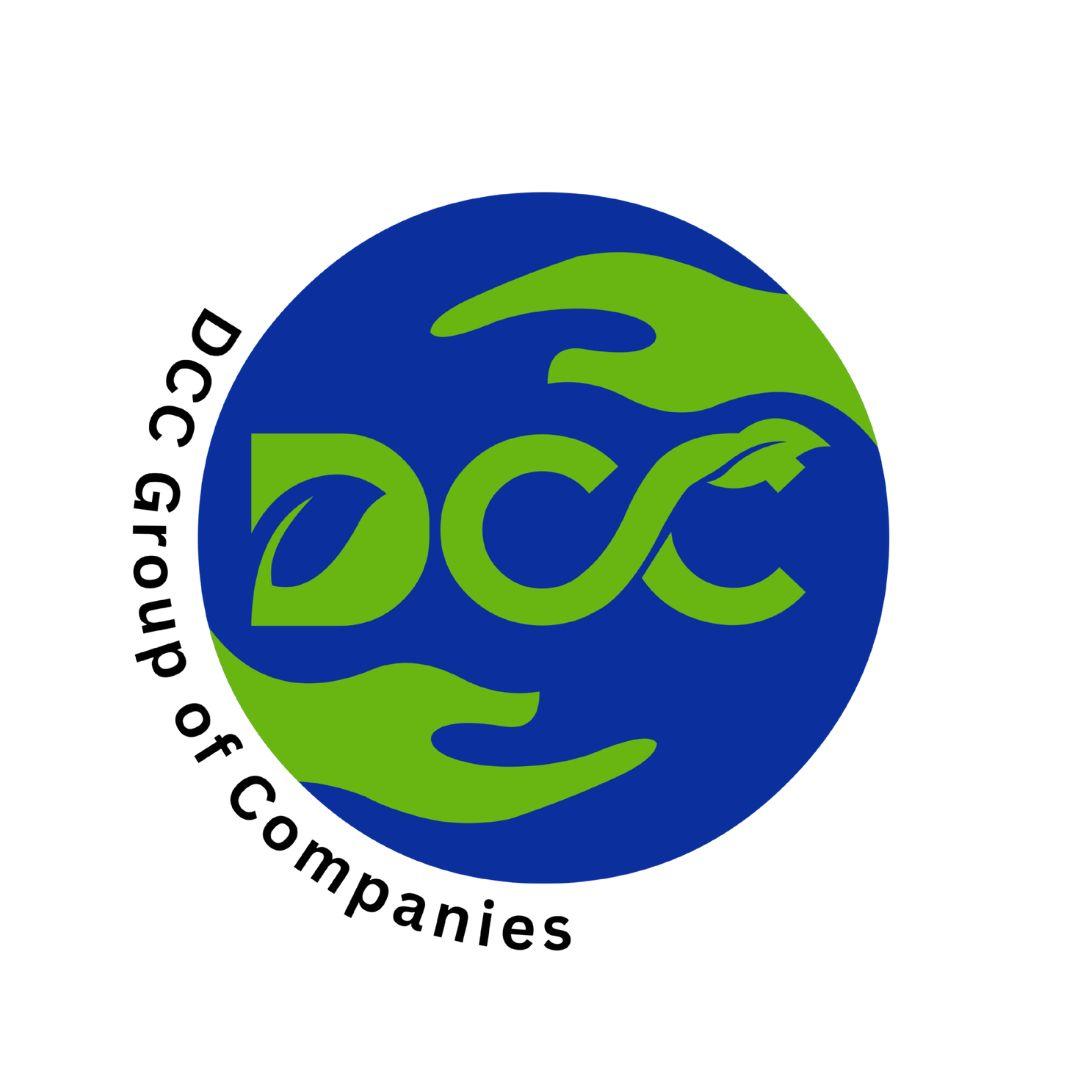As cities continue to expand and urban populations rise, one pressing challenge that demands urgent attention is waste management. Municipal Solid Waste (MSW) generated daily in urban areas includes a mix of organic waste, plastics, paper, metals, glass, and inert materials. With limited space and increasing pressure on landfills, sustainable MSW management has become critical. In this scenario, MSW treatment plants are emerging as game changers, transforming city landscapes through efficient waste processing, recycling, and recovery.
DCC Group, a leader in waste management technology and a trusted screening equipment manufacturer, is at the forefront of this revolution. Our state-of-the-art MSW plants and end-to-end recycling waste solutions are redefining how Indian cities tackle waste, contributing to cleaner, greener, and more sustainable urban environments.
The Urban Waste Crisis: Why MSW Processing Matters
India’s urban areas generate over 150,000 metric tonnes of municipal solid waste each day. Much of this waste is dumped in open grounds or poorly managed landfills, leading to air, water, and soil pollution. These dumpsites not only degrade the environment but also pose significant health risks to nearby communities.
The solution lies in scientifically managing this waste through MSW processing and recovery. By using advanced sorting and treatment technologies, MSW can be transformed into useful resources such as compost, recyclables, RDF (Refuse Derived Fuel), and inert material for construction.
This is where MSW treatment plants come into play — offering a systematic, scalable, and sustainable way to handle city waste.
What is an MSW Treatment Plant?
An MSW treatment plant is a facility designed to receive, segregate, and process municipal waste into recyclable and reusable materials. It typically includes:
-
MSW sorting plant for material separation
-
Screening equipment for waste classification
-
Shredders and conveyors for processing
-
Composting units for organic waste
-
RDF production for combustible waste
-
Landfill diversion units for inerts
The goal is to reduce landfill dependency and maximize resource recovery—contributing to a circular economy and improved public hygiene.
DCC Group’s Role in Urban MSW Management
At DCC Group, we offer turnkey solutions for MSW processing, from designing and supplying key equipment to installing and maintaining MSW plants across India. We bring together mechanical, biological, and automated systems that ensure efficient sorting, separation, and treatment of waste at scale.
As a reputed screening equipment manufacturer, our machinery includes:
-
Trommel screens for size-based separation
-
Ballistic separators for 2D/3D waste segregation
-
Air classifiers to separate light and heavy fractions
-
Conveyor belts, magnetic separators, and shredders to streamline the processing chain
Our plants are custom-built to handle waste streams from cities, municipalities, and smart townships — adapting to local waste compositions and environmental needs.
Key Components of an MSW Processing Facility
Here’s a breakdown of how a typical MSW sorting plant functions:
-
Weighbridge and Tipping Floor
Waste enters the facility, gets weighed, and is unloaded at the tipping floor for initial visual inspection. -
Pre-Segregation and Screening
Bulky items and hazardous waste are removed. Then, the waste passes through trommel screens for initial separation based on size. -
Mechanical Sorting
Ballistic separators and air classifiers are used to divide the waste into three categories: light (plastic, paper), heavy (metals, glass), and fines (organic waste). -
Manual Picking and Magnetic Separation
Recyclables are picked manually or via automated systems. Magnetic separators remove ferrous materials. -
Composting and RDF Production
Organic waste is directed toward composting units, while combustible non-recyclables are shredded and compacted to produce RDF. -
Inert Disposal
The remaining inerts are safely disposed of or used in road construction and other applications.
How MSW Plants are Transforming Cities
-
Cleaner Public Spaces
By treating waste close to the source, MSW plants reduce roadside dumping and overflowing bins, keeping cities visibly cleaner. -
Landfill Reduction
Processing waste through MSW sorting plants diverts up to 80% of material from landfills, extending their lifespan and minimizing environmental impact. -
Job Creation
The operation of MSW treatment plants creates direct and indirect employment, especially for ragpickers who are formally integrated into waste segregation roles. -
Recycling and Revenue
Valuable recyclables recovered through recycling waste solutions are sold to industries, generating income and promoting circularity. -
Public Health Benefits
Reduced open dumping leads to fewer vectors like mosquitoes and rodents, lowering the risk of disease in urban neighborhoods. -
Compliance with Swachh Bharat and Smart City Goals
Scientific MSW management aligns with government initiatives, enhancing city ratings under Swachh Survekshan.
Why Choose DCC Group?
DCC Group stands as a trusted partner in India’s waste management transformation. With decades of experience, we specialize in building custom MSW plants that are efficient, durable, and scalable.
Our strengths include:
-
In-house manufacturing of screening equipment
-
Expertise in waste segregation technologies
-
Turnkey services from design to operations
-
Proven success in municipal and private sector projects
-
Environmentally compliant and future-ready systems
Whether you’re a municipal body, urban developer, or smart city authority, DCC Group provides reliable, cost-effective solutions for long-term waste sustainability.
Conclusion: The Future of Urban Waste Management
The growing challenge of urban waste calls for smarter, more sustainable solutions. MSW treatment plants powered by cutting-edge sorting and recycling technologies are at the heart of this shift. They not only manage waste more efficiently but also reshape city environments—making them cleaner, healthier, and more livable.
With DCC Group leading the charge as an expert in MSW processing, screening equipment manufacturing, and recycling waste solutions, Indian cities are witnessing a silent revolution—one that’s turning garbage into green opportunities.
Let’s clean up our cities, one MSW plant at a time.

